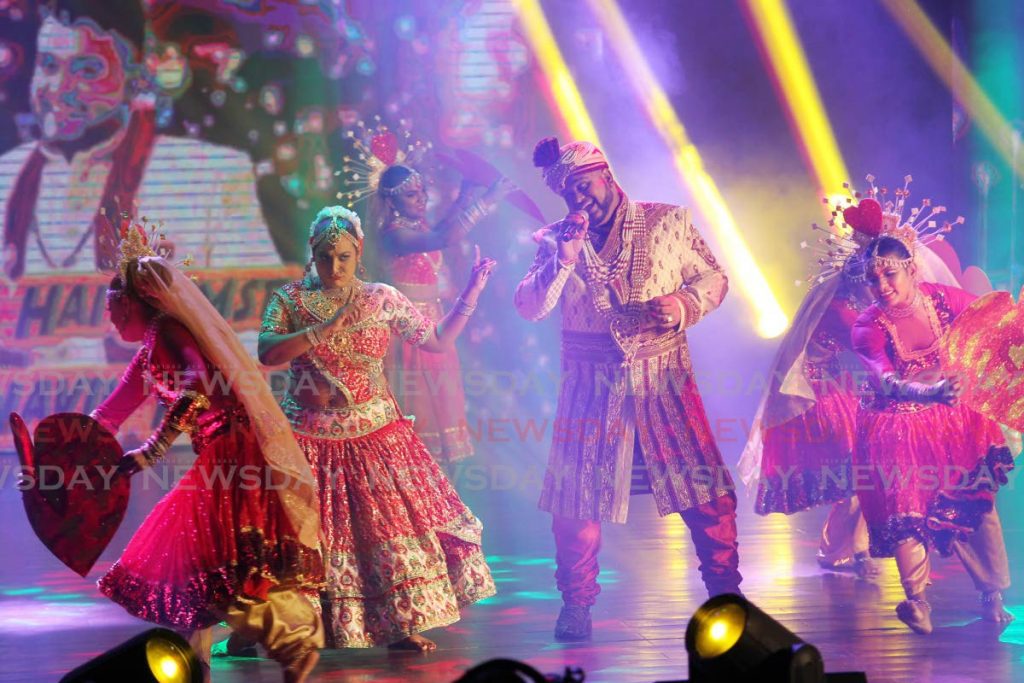Artistes: Local Indian music needs innovation

SEVERAL local Indian artistes have called on musicians to access more training to expand their musical output to become innovative while maintaining tradition.
On Saturday the University of TT (UTT) held a virtual discussion with several stalwarts on ways to diversify the genres under the banner of Indian music while upkeeping its tradition. The webinar was titled “Tradition to Innovation: Indian Music in TT” and was held in commemoration of Indian Arrival Day 2021.
The panelists included UTT president Prakash Persad, Mungal Patasar, Rana Mohip, Jamal Mohammed, Samraj “Rikki Jai” Jaimungal, Nirmala Sesnarayan and Sharda Patasar.
Each gave their experiences about their levels of training – informal and formal – and how it impacted their musical careers.
While they all agreed that honing one’s natural talent was important, structured and formal classical music training was also critical to Indian music’s development.
Jaimungal said, “Training is necessary, understanding of our music and where it came from is completely necessary if we are to go forward. Success does not necessarily come from training, but training can help achieve success.
“There are a lot of places where training can be accessed. Chutney and chutney soca music need depth, understanding, quality and research.”
He added that artistes must find their niche market but not forget the basics in their musical compositions.
“I grew up in an Indian household but also found a way to move from one area in TT’s culture to another.”
Jaimungal has been involved in the art form for over 30 years and has a multitude of titles under his belt, including several Chutney Monarch wins, placing third in the Groovy Monarch finals in 2012 and being a recipient of the Hummingbird Medal (Gold) for his contribution to culture.
He said local stalwarts should extend their mentorship and expertise free of charge to people within their communities to build and maintain the culture and tradition, especially in classical Indian music.
Persad believes that chutney can become a major revenue generator within the arts sector, but that it must be improved to grab an international audience outside the diaspora.
“It is the only form of Indian music that has been modified and embraced innovation, with some songs being good, bad or indifferent.
“Yes, chutney must provide entertainment, it needs that to survive, but it also needs to provide sustenance and give rise to some expressions of the hope, aspirations and dreams of our community. It must go beyond being topical and its message must become more universal.”


Comments
"Artistes: Local Indian music needs innovation"